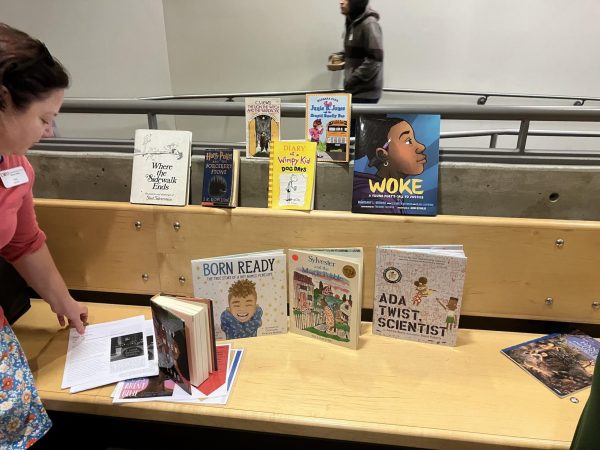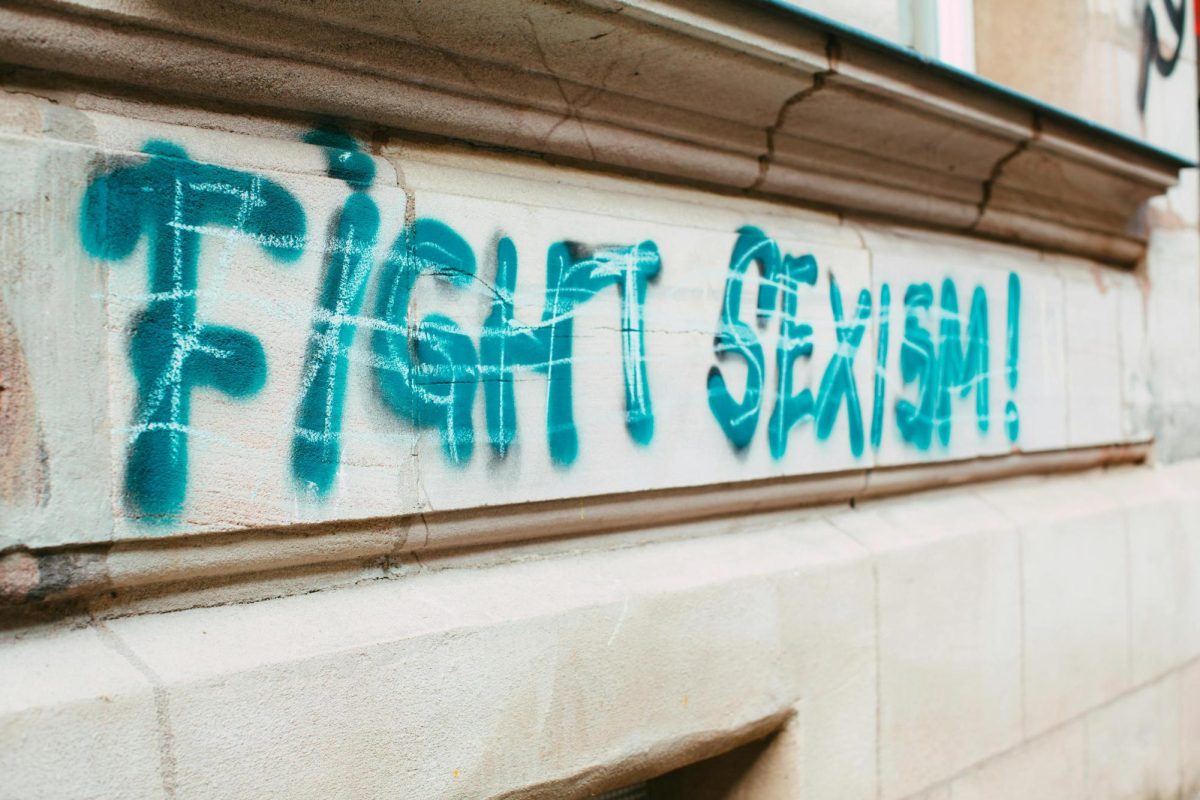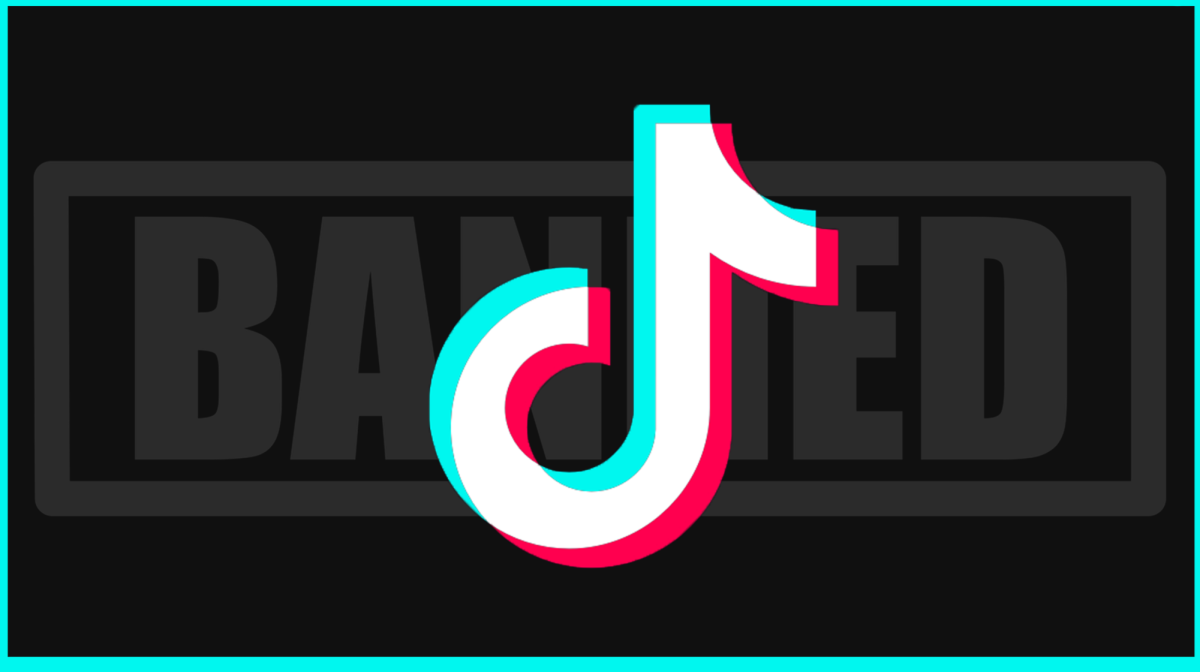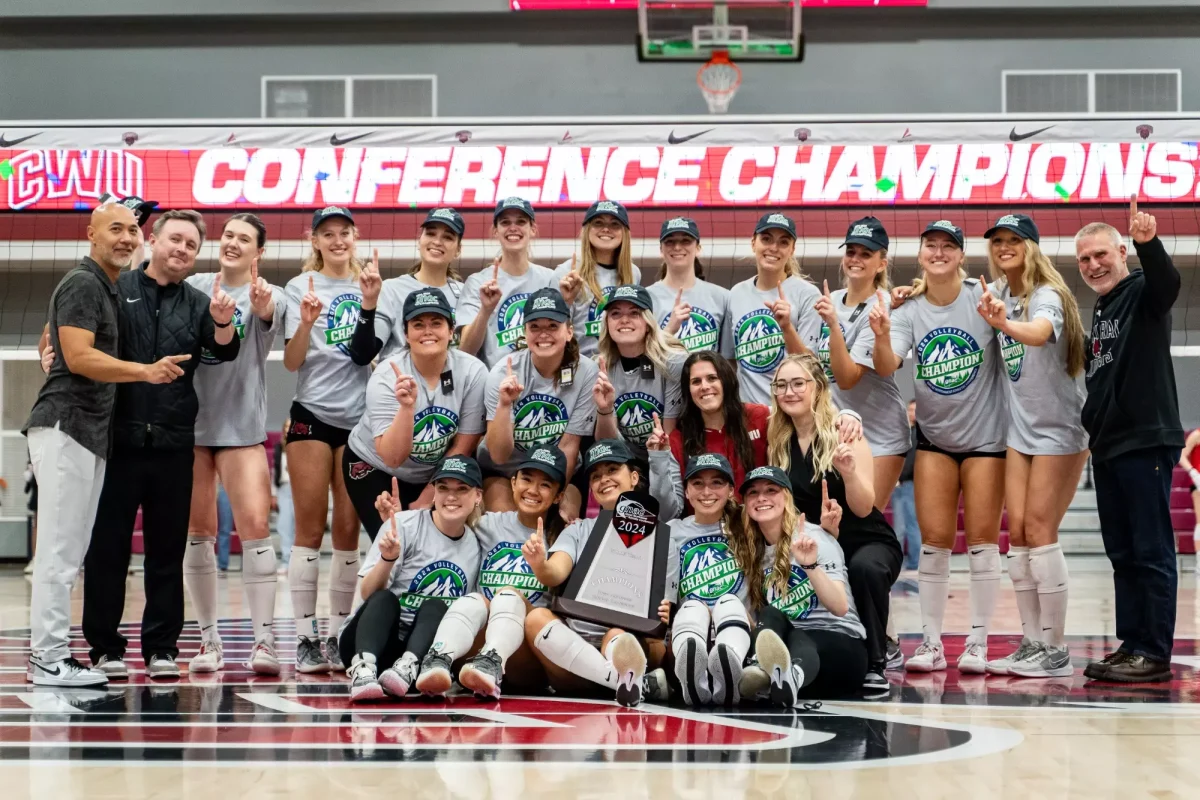

Representatives from CWU’s library gave a presentation on banned books over lunch at the SURC on Oct. 4. Perched atop a wooden bench were many childhood classics including “Diary of a Wimpy Kid”, “Junie B. Jones” and “Harry Potter,” which are now prohibited in many schools and public libraries.
In the case of the “Junie B. Jones” series, the CWU Libraries Events and Communications Coordinator Andreina Delgado said “those are banned because of the grammar, but the books are supposed to be written [like that] because it’s a diary for a kindergartener. Of course they have grammar errors because they’re portraying a kid telling their story.”
According to the Free Speech Center at Middle Tennessee State University (FSCMTSU), in a country that is protected from censorship by the First Amendment, book bans have become the most dominant form of it. This affects books for people of all ages, with the primary focus being on children’s literature.
According to the FSCMTSU, from 2020 to 2022, the number of attempted book bans increased by nearly 12 times, from 223 to 2,571. Some of the main justifications given for these bans are that they contain material that is sexually explicit, promotes sin, is graphically violent, lacks literary quality, is inappropriate for kids of a certain age or shows disregard for family and parents.
According to the American Library Association’s Office for Intellectual Freedom (ALA OIF), people who advocate for such bans typically fear that kids will be negatively influenced by the contents of those books. Of those people, the most significant portions are made up of 30% parents, 28% library patrons, 17% political/religious groups, and 15% school boards/administration.
“So far the percentage of who [is] actually more inclined to ban the books, it’s parents, because the children have access to these books at school,” Delgado said.
In the Supreme Court ruling in the case of the Board of Education, Island Trees Union Free School District v. Pico (1982), public schools may “bar books that are ‘pervasively vulgar’ or not right for the curriculum, but they cannot remove books ‘simply because they dislike the ideas contained in those books,’” according to the ALA OIF.
The ALA OIF also stated that many of the books listed in the Top 13 Most Challenged Books of 2022 are banned on the basis of portraying sexuality, whether that be LGBTQIA+ content or sexually explicit material. Delgado believes that the solution is not to ban books, but to determine age appropriateness.
“[Parents should address] the personal issues that they have about that book and talk with the children about those concerns instead of just blocking the information,” Delgado said.
The ethics of book bans have been heavily debated, but according to the FSCMTSU website, “the courts have told public officials at all levels that they may take community standards into account when deciding whether materials are obscene or pornographic and thus subject to censor.” The FSCMTSU has also iterated that while censorship does violate the First Amendment, certain exceptions are permissible based on the subjective views of a given community.














